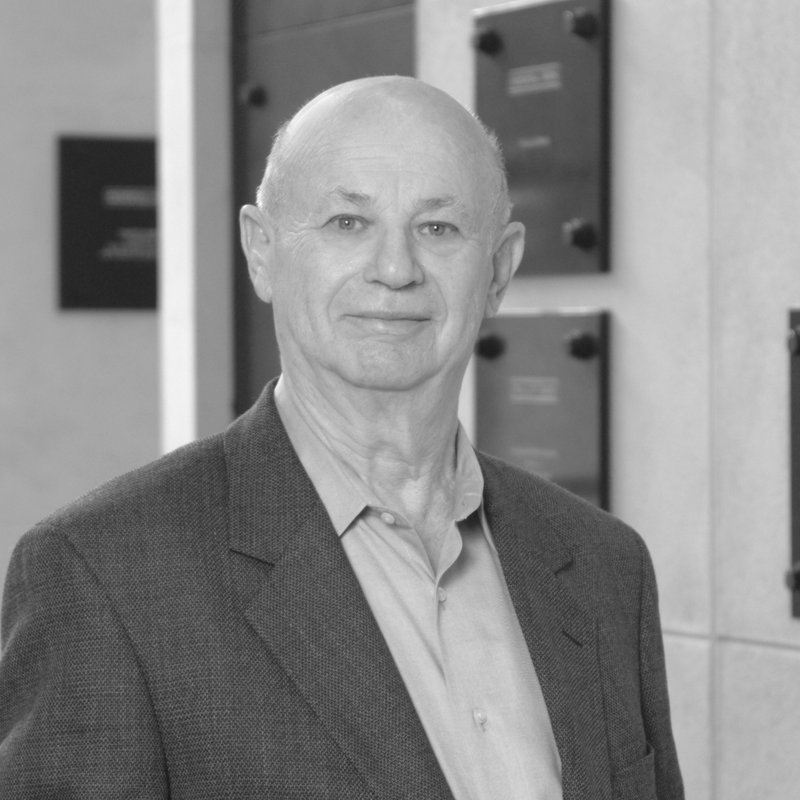
“After the German invasion, we children couldn’t even go out of the house. When we didn’t work, we stayed right in the yard in front of the house, never moved away 100 or 200 yards into the street. The total life has changed. There was no Saturday, there was no Friday, there was no nothing. There was nothing.”
Sol Wachsberg was born in Chrzanów, Poland in 1926, the third of four siblings. By the summer of 1939, he and his family began to prepare for the expected German invasion, fortifying their cellar and laying in food. As anticipated, Germany quickly overtook Chrzanów, which was close to the German border. Life became unbearably bleak. People traded precious jewelry for food and burned furniture for fuel. German soldiers with machine guns stood at every corner. They were particularly cruel to the Jews, forcing them to clear ice and snow from the roadways so that military trucks could pass. “We had to go to work,” said Sol. “If we don’t show up, they come and get us.”
While the rest of the family struggled to survive in the ghetto the Germans had established in Chrzanów, Sol and his older brother David (b. Leibek) were sent first to a nearby labor camp and then, in early 1942, to a sub-camp of Auschwitz called Blechhammer. There they toiled so hard digging ditches and hauling bricks that Sol sustained permanent internal injuries.
Then relief came. The brothers were sent to a labor camp in Zwickau where for the first time in years they were treated humanely. “We didn’t have all of the things that a person should have, but if I look at the camps that I was at before and after, there is no comparison whatsoever,” said Sol, who slowly recuperated in Zwickau. Unfortunately, respite was brief. In early 1944, Sol and David were sent to a series of camps where they were plagued by lice, boils and sadistic guards who woke them in the middle of the night and marched them out of their barracks to torment and torture them. David’s strength, determination and generosity sustained Sol, but the brothers were eventually separated. At the time he was liberated, Sol was in Theresienstadt, a ghetto and transit camp in Czechoslovakia. The war ended for him the day a Russian tank broke through the gates of the camp.
After the war, Sol returned to Chrzanów where he discovered that David and their sister Ann (b. Chana) had also survived. Fearful of the local population, they left quickly for Germany where they were reunited with their brother Charles (b. Chaimek). The siblings came to the United States in 1949 and lived together in Pittsburgh. In 1950, Sol was drafted and served proudly in the Korean War. When he returned, he and David moved to Houston to be near Ann and her husband Morris, who had settled there in 1952. In Houston, Sol met and married Flora Ideris and established himself as a businessman and a real estate broker. He and Flora had three children, a daughter and two sons.
Parents
Simon Wachsberg, d. Auschwitz, 1943
Gitel Lieberman Wachsberg, d. Auschwitz, 1943
Siblings
Charles (b. Chaimek), survived
David (b. Leibek), survived
Ann (b. Chana), survived